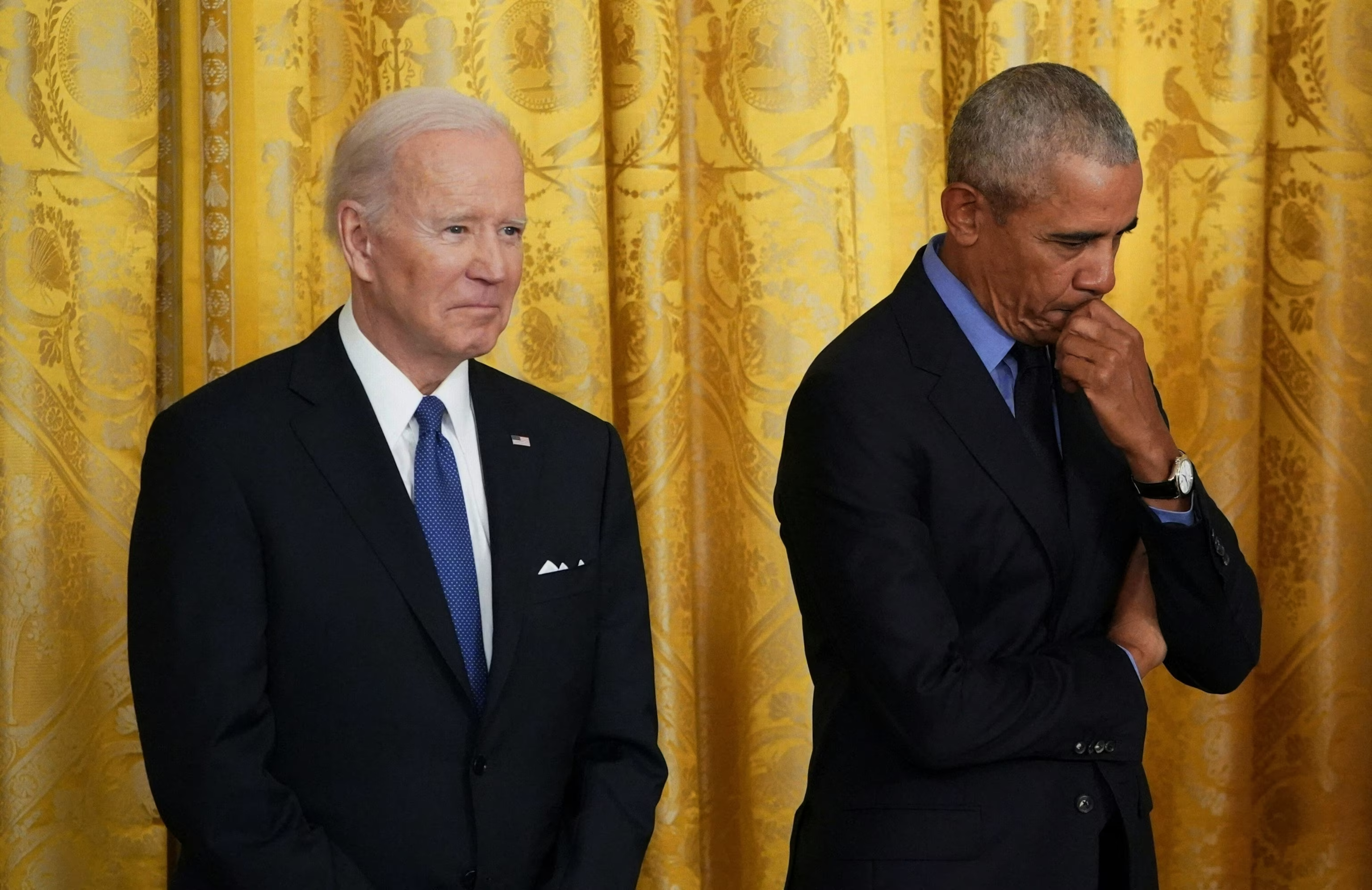Unexpected turn of events, former U.S. President Donald Trump’s attempt to appeal the colossal $464 million bank fraud judgment against him may be on shaky ground. The New York Supreme Court’s carefully crafted 92-page opinion, issued by Justice Arthur F. Engoron, not only delivered a damning verdict but seems poised to withstand any challenge, leaving Trump in a precarious position.
Legal experts weigh in on the intricacies of the judgment, highlighting its unusual structure that focuses extensively on the 11-week trial’s facts. Unlike typical court orders, Engoron’s opinion dedicates a significant portion to dissecting witness testimonies, providing a concise guide for any higher court to swiftly comprehend the judge’s reasoning and potentially uphold the decision.
Jennifer B. Arlin, an appeals expert from Brooklyn Law School, emphasizes that the extensive details aim to signal the appellate court to scrutinize the decision thoroughly. The order meticulously scrutinizes the actions of key players, such as former Trump Organization controller Jeffrey McConney, exposing attempts to shift blame to external accountants for deceptive practices.
Engoron’s laser-like focus on witness credibility, facial expressions, and body language is a deliberate effort to fortify the case for appeal. This approach, according to legal scholars, positions the trial court uniquely to assess the credibility of witnesses, a crucial factor in this case.
Diane Peress, a former prosecutor now teaching at John Jay College of Criminal Justice, commends the order’s strategic design, stating that it smartly demonstrates a reliance on facts and the law, making it a formidable challenge for any potential appeal.
While the extensive findings of fact could be considered uncommon, legal observers believe Engoron’s meticulous approach is a proactive measure to make the judgment virtually “bulletproof” against appeals. The judge’s explicit mention of being physically close to the witnesses during the trial underscores his personal assessment of their credibility, a factor appellate courts must defer to.
As the appeal process unfolds, Trump faces a crucial decision. Despite a temporary halt by First Judicial Department Judge Anil Singh, the $464 million judgment looms large. Trump’s $100 million offer to stay execution was rebuffed, leaving the door open for the New York Attorney General to pursue asset seizures next month.
With a looming deadline in late March, Trump’s financial challenges compound, considering the hefty amount required by New York appellate bond rules. The timing is particularly critical as he heads into a criminal trial against the Manhattan District Attorney on March 25, adding another layer of complexity to his legal battles.
In the grand chess game of legal maneuvers, Trump’s next move could determine the fate of the $464 million appeal and have far-reaching consequences on his financial standing and legal entanglements. The question remains: Will the former president find a way to navigate this intricate legal web, or is this the beginning of a series of setbacks on his road to legal redemption.










